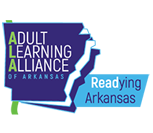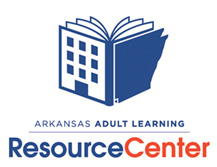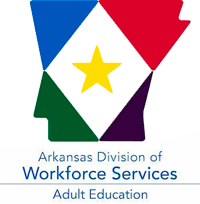Teaching adults presents unique challenges and opportunities. As adult educators, our mission is not just to transfer knowledge but to inspire a genuine thirst for learning that lasts a lifetime. One powerful tool in our teaching arsenal is the concept of a growth mindset. Coined by psychologist Carol Dweck, a growth mindset is the belief that abilities and intelligence can be developed through dedication and hard work. In this blog post, we’ll explore why cultivating a growth mindset is essential for those who teach adults and how to foster it in your classroom.

Recognize The Value Of Growth Mindset
Adult learners often come to the classroom with fixed mindsets, shaped by years of experiences, successes, and failures. They may harbor doubts about their ability to learn new skills or adapt to changing circumstances. This is where the concept of a growth mindset becomes invaluable. By fostering this mindset, you can help your adult students unlock their full potential and embrace lifelong learning.
Create a Safe Learning Environment
To encourage a growth mindset, it’s crucial to establish a safe and supportive learning environment. Adults are more likely to take risks and embrace challenges when they feel safe from judgment and criticism. Encourage open communication, provide constructive feedback, and celebrate efforts rather than just results.
Emphasize Effort and Process Over Product
Adult learners often fixate on the end result rather than the learning process itself. Shift the focus by highlighting the importance of effort, perseverance, and resilience. Share stories of successful individuals who faced setbacks but ultimately triumphed through hard work and determination. This will help adults see that learning is a journey, not a destination.
Encourage Self-Reflection
Self-awareness is a cornerstone of a growth mindset. Encourage your adult students to reflect on their learning experiences regularly. Ask questions like, “What did you learn from this experience?” and “How can you apply what you’ve learned to future challenges?” Self-reflection fosters a sense of ownership over one’s learning journey.
Set Realistic Goals
Setting achievable goals is critical to maintaining motivation and a growth mindset. Help your adult students break down their learning objectives into smaller, manageable steps. This approach makes the journey less daunting and allows for a sense of accomplishment along the way.
PromoteA Love Of Learning
Adult learners often have busy lives, which can make it challenging to prioritize learning. Encourage a love for learning by demonstrating your own passion for teaching and the subject matter. Share resources, recommend books, and spark curiosity by showing that learning can be enjoyable and rewarding.
Embrace Mistakes As Learning Opportunities
Mistakes are a natural part of the learning process, and adults need to understand this. Encourage a culture of learning from mistakes rather than fearing them. Share your own experiences of setbacks and how they led to personal growth and development.
Provide Constructive Feedback
Constructive feedback is crucial for adult learners to gauge their progress accurately. Deliver feedback in a positive and supportive manner, focusing on specific areas for improvement rather than overall performance. Encourage students to use feedback as a roadmap for their learning journey.
Cultivating a growth mindset in adult education is not just about teaching facts and figures; it’s about instilling a lifelong love for learning and personal development. As adult educators, we have the unique opportunity to empower our students to embrace challenges, persevere through setbacks, and continuously evolve. By creating a nurturing and growth-oriented classroom environment, we can help our adult learners unlock their full potential and thrive in their personal and professional lives. In doing so, we contribute to a brighter, more empowered future for our students and society as a whole.







